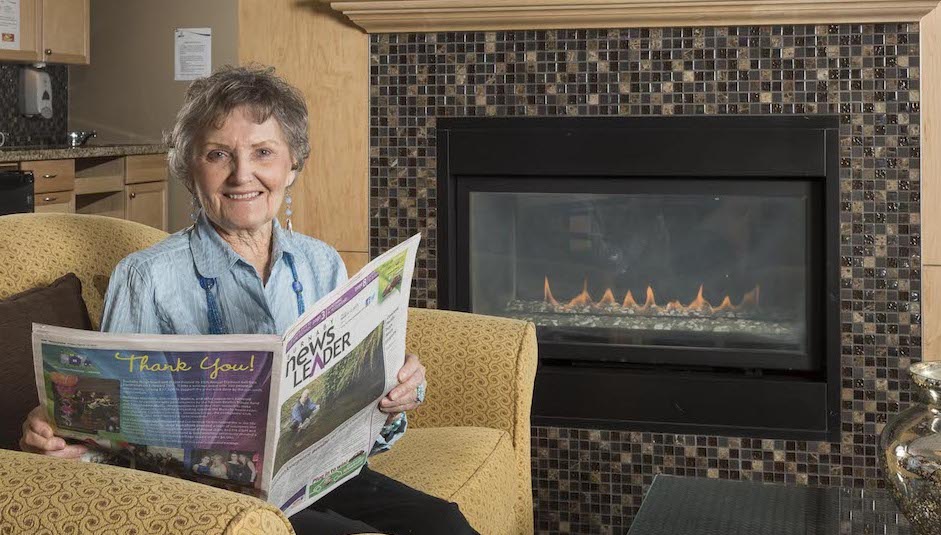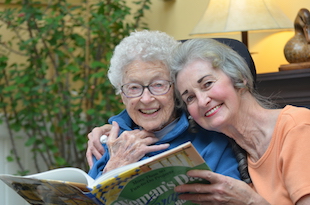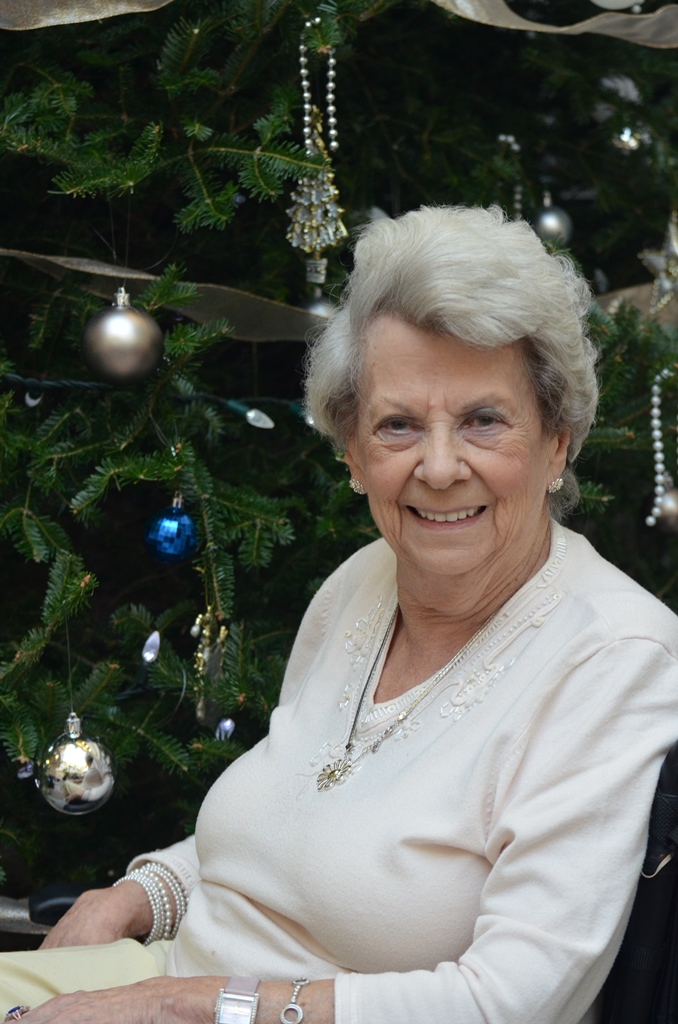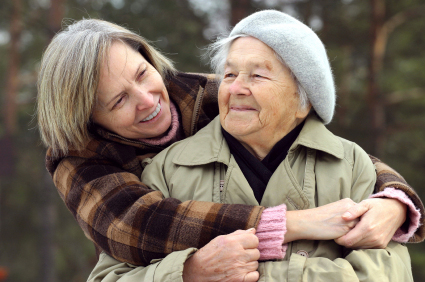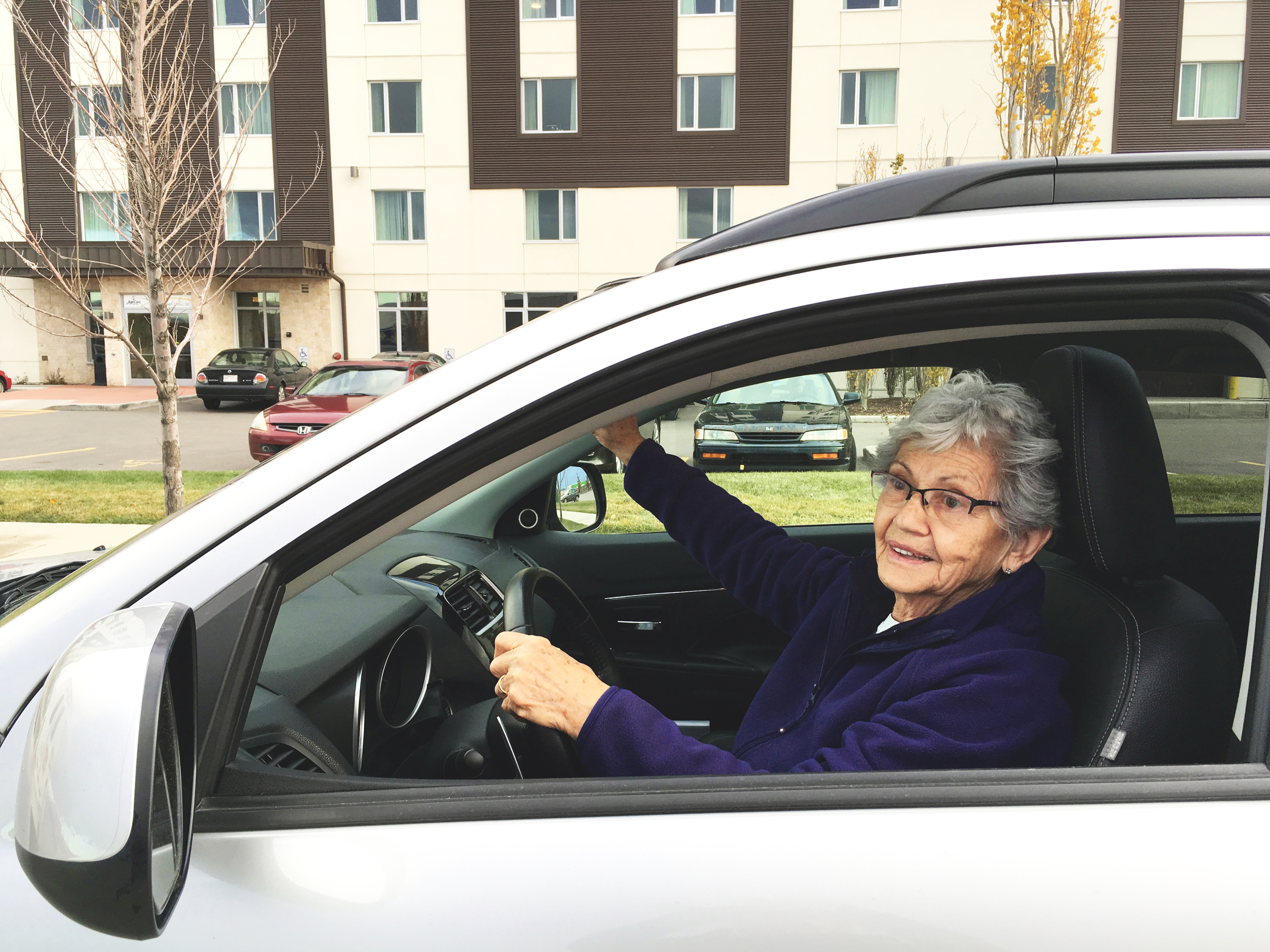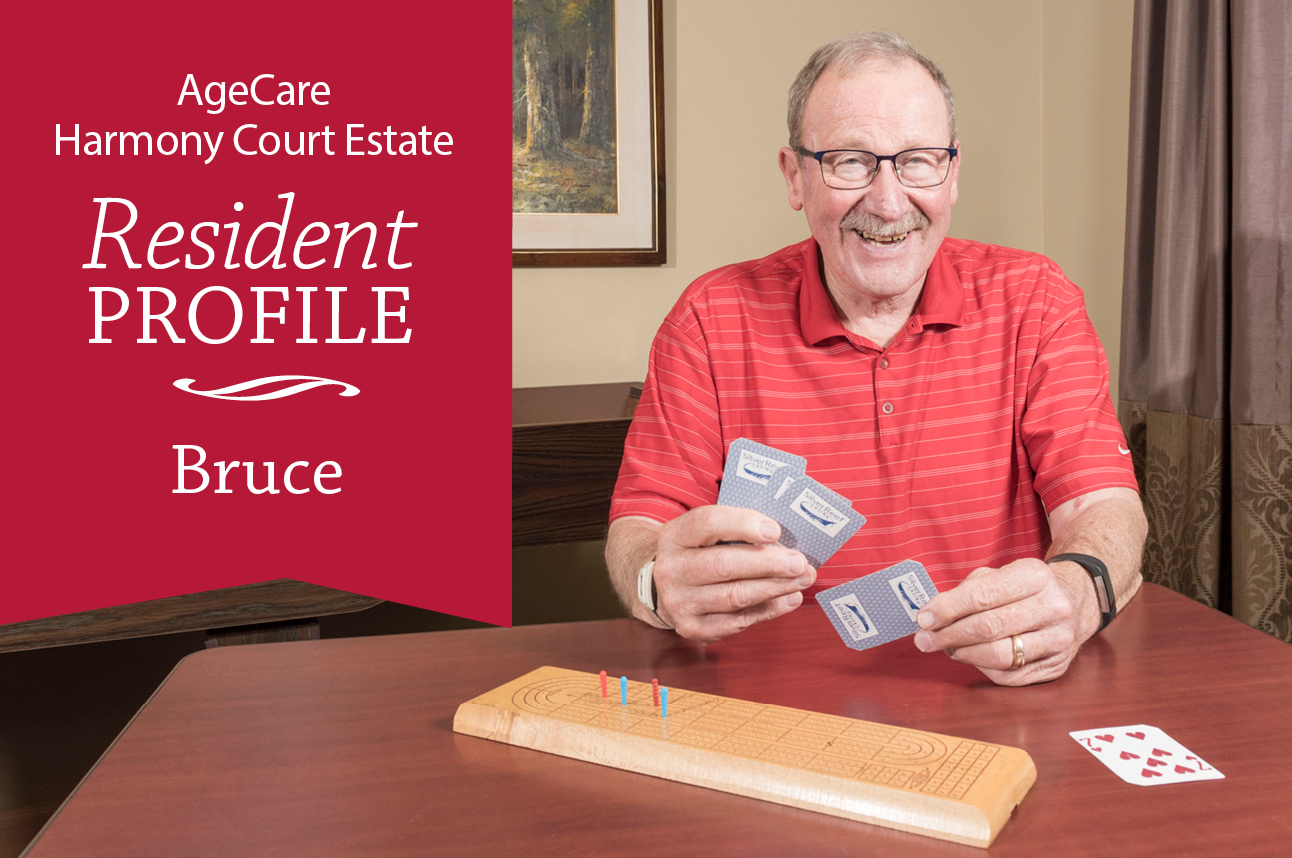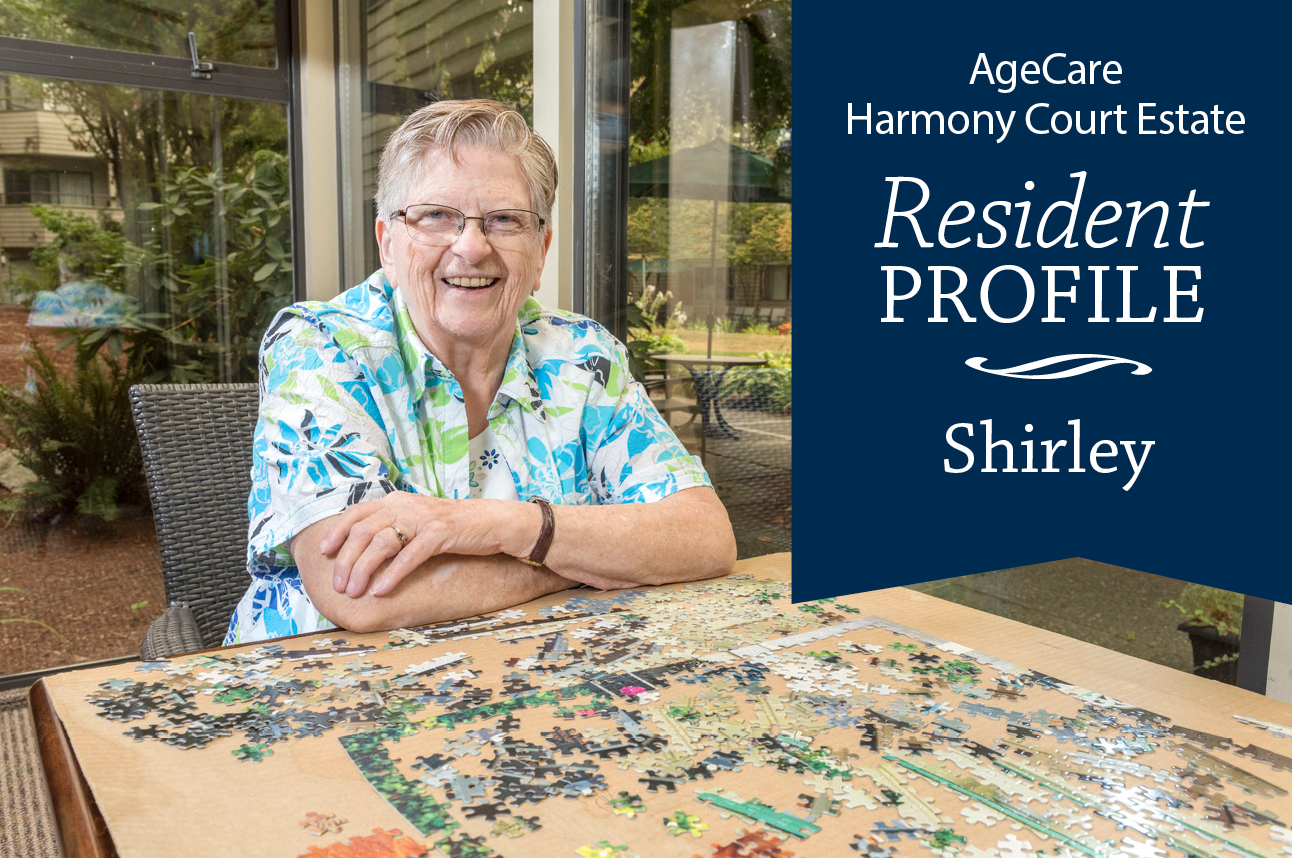We all know how satisfying and enriching it can be to spend time with friends, but did you know that it can also improve your health, boost self esteem, and may even ward off dementia?
The benefits of having an active social life have been studied for years, and according to some seniors who are currently living in a residential community setting, these findings have merit. In fact, these folks say they are living proof that socialization is good for you.
“To be honest, I think having people right outside my door every day and spending every meal talking with other seniors has prolonged my life,” said Joan Carter, from her home in a senior’ residence in Calgary. “Back when I was living alone in my home, I would see people just maybe once or twice a week, I barely felt like I was part of the world anymore.”
Irene Stintson says before she moved into AgeCare Seton, she had lost all desire to live, and spent all her days buried in memories from her past. Now, she shares her meals with others, goes to activities offered in her community, and even enjoys joking with the attendants and other staff in her place. Says the 81-year-old, “I’ve really come around. These days I have every intention of sticking around for a few more years.”

